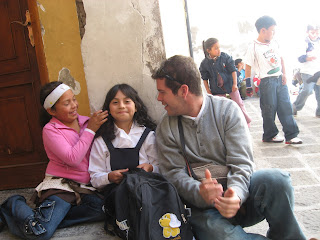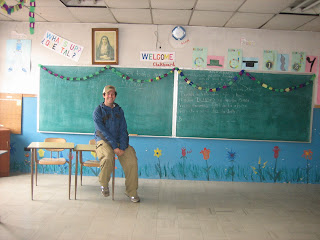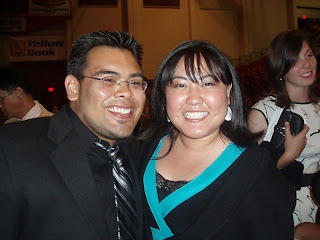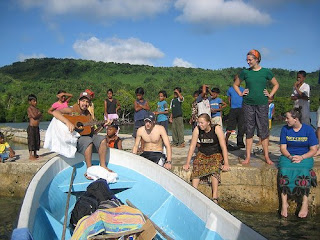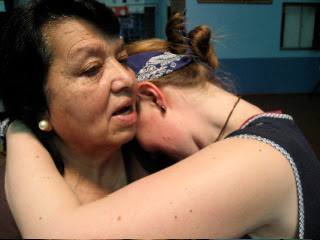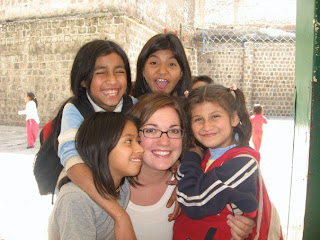A few months ago, Michael Phelps went for an amazing eight gold medals. History was being made and me, being the good American I am, all I wanted was to share in it with someone, anyone! To feel connected to something big in my country in ways I had not been able to these past two years- what a thrill! And yet, I couldn’t. For reasons I can’t understand, partly my fault and partly the result of a lifestyle stateside I am yet to master- the friendships and love I specifically sought to return to LA for have been mostly MIA in my life. People changed, I changed, and now I don’t really know where I fit into a world that I was MIA from for two years. And so calls went unreturned, friends contemplated getting a beer to watch it versus missing a rerun of the Hills and medal after medal was won, with me sitting on my couch watching- alone. And so Michael Phelps, American hero, is forever emblazoned in my mind as a symbol of my loneliness and my struggle to find kinship in a city that once provided so much for me. It is what it is.
I have these dreams where I am back in Ecuador, peaceful and in tune with my kids and then wake up, alone in a dark and empty room far away from those that I love the most. I miss them. I want to go back to them. And I can't. It is what it is.
My adventure into the dating world, has been, at best, horrific, a far cry from my days at the suave gringo who could chat up any girl in South America with confidence and ease. And I just kinda have to laugh after each date here, each stupid mistake and just smile and think how funny it really is. It is what it is.
Stuck in this airport and hearing people grumble provokes contrasting emotions. A part of me wants to shout to gain some perspective. I want to spew out stories about kids sleeping six to a bed and shinning shoes for a quarter. And yet, another side of me yearns to respond with care and compassion to their exasperated frustration. To simply say I hear ya, this sucks and then let them continue to complain, but at least feel as though at last someone is listening.
If I have learned anything from my service and from my five months feeling like a stranger in the midst of familiarity- it’s that people want to be validated. We want to be heard, we want to know that others recognize our inherit dignity- be it in our right to have food on our table and a stable job or simply in our petty moments of frustration, to voice exasperation and simply feel someone cares enough to acknowledge that what we are saying, what we are feeling, means something.
I have been back in my country for five months. And you know, I’m still searching for my voice in my experience, my story in my current setting.
I watch people hustle to and fro really going nowhere. I smile at a little kid in the airport who smiles back at me, oblivious for now to the argument his parents have above him. I watch a couple romantically whisper to one another and find myself rooting for their love to conquer all obstacles.
In a city where I have few friends left, I feel connected to the human story in an intense way I never before felt. I yearn for connectivity in ways I never before my volunteer time did. I feel at once genuine and alive! And though I have not found as many connections as I would like to call my own back home, and though I frequently question how and where do I fit into this world- I can’t help but wonder how blessed am I? In volunteering I found a story not my own that moved me to make my own life one more intentionally lived. I am alive and in good health, happy and confident that the best is yet to come. How truly blessed am I? It is what it is.
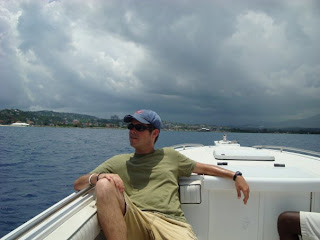
If this photo doesn't scream my mantra "it is what it is" then what does?
